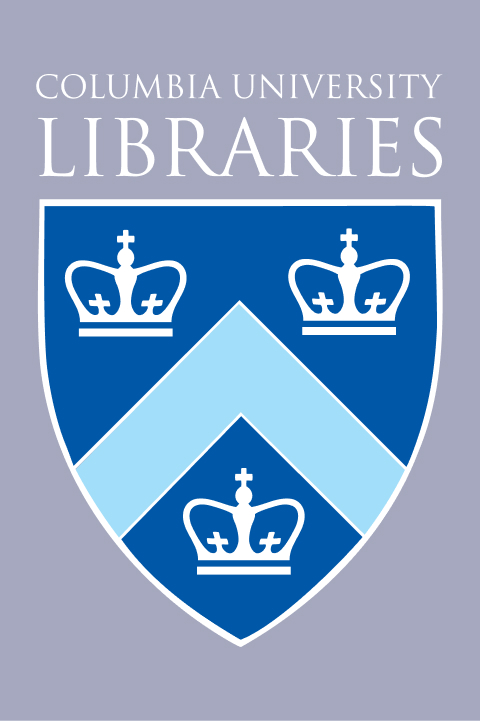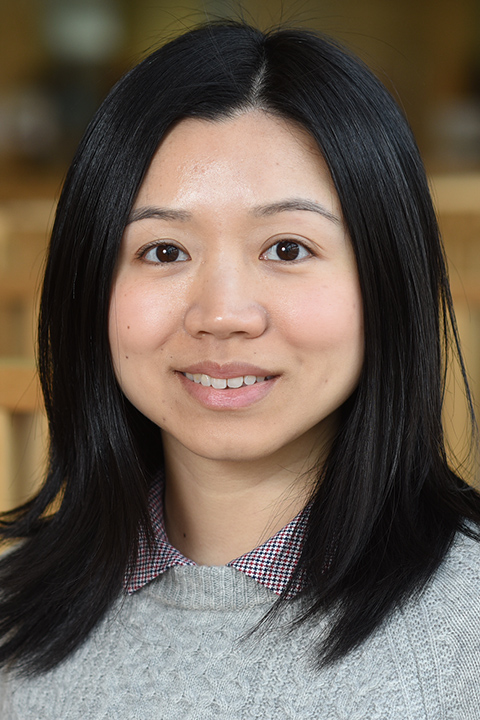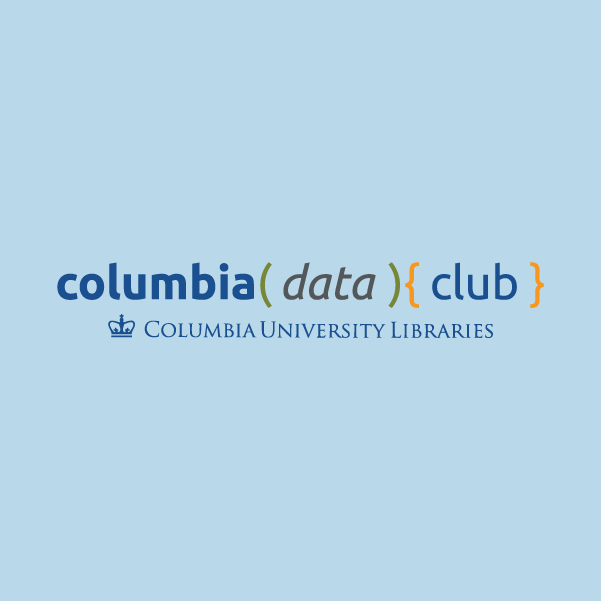Research Data Services
We help researchers across Columbia find, evaluate, understand, steward, and use a range of statistical, geospatial, and textual data. Our expert staff provide training and consultation around a number of tools for analyzing, visualizing, and managing data.

Eric Glass
GIS/Metadata Librarian
- Digital Scholarship

Jeremiah Trinidad-Christensen
Head, Research Data Services
- Digital Scholarship

Moacir P. de Sá Pereira
Research Data Librarian
- Digital Scholarship

Wei Yin
Research Support & Data Services Librarian
- Digital Scholarship
- Consultations: Please read the Consultation Guidelines before you Schedule a Consultation.
Consultants can help you with data preparation, to work with data, and with instruction. Consultations cannot help with homework assistance or provide tutoring. - Schedule an Instruction Session
- Recommend a Data Set for the Libraries collections
- Join Data Club
Collaborate with Us:
- We can partner with you to lead, teach, or co-teach a workshop or a series of workshops that involve our areas of expertise.
- We can collaborate with you on the publication of datasets for inclusion in the geospatial or numeric data catalogs, e.g., Frances Pritchett Colonial Maps of South Asia Collection.
Loading...
